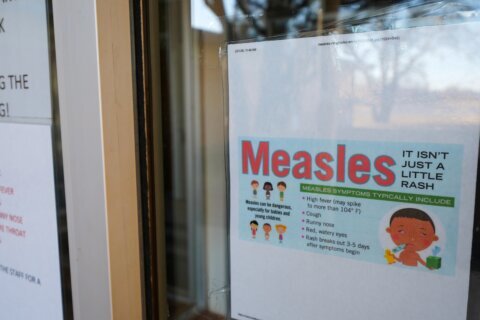Three bills aimed at making it more difficult for Maryland children to access e-cigarettes advanced Monday in the Montgomery County Council.
After making minor changes to the bills, the council’s Health and Human Services Committee voted to move them to the full council for consideration.
“We see so many of our children who have access to these products,” said Council member Craig Rice, a lead supporter of the measures. “We have to make decisions that are trying to ensure the safety of our residents.”
One bill would ban e-cigarettes from being sold within a half-mile of middle and high schools. The second bill would broaden that rule, banning flavored e-cigarettes from being sold within a half-mile of elementary, middle and high schools, as well as libraries and recreational facilities.
“Restricted access is restricted access,” Rice said. “You make it harder for people to get stuff, and it’s going to be a lot harder for them to actually use the product.”
The third bill is nearly identical to the current state tobacco laws in Maryland. It would prohibit the distribution of any tobacco products, including e-cigarettes, to people under 21 and would prohibit anyone under 21 from using or possessing tobacco products.
The “under 21” rule does not apply to military service members who are at least 18 years old.
Council members held a public hearing earlier this month on the bills.
Supporters said the legislation would help protect the health of young people and limit their ability to purchase vaping products.
Opponents expressed concerns that the legislation could hurt local businesses and employees. They said if vape shops were to shut down, adults who are looking for ways to quit traditional cigarettes would have fewer options available to them.
There has been an alarming rise nationally of high school students using e-cigarettes in recent years.
Additionally, the Centers for Disease Control and Prevention has been monitoring a nationwide outbreak of vaping-related lung illnesses. There have been more than 2,000 such cases across every state except Alaska, resulting in 47 deaths.
According to the CDC, most of those cases involve people who vape THC, the chemical responsible for marijuana’s psychological effects.








